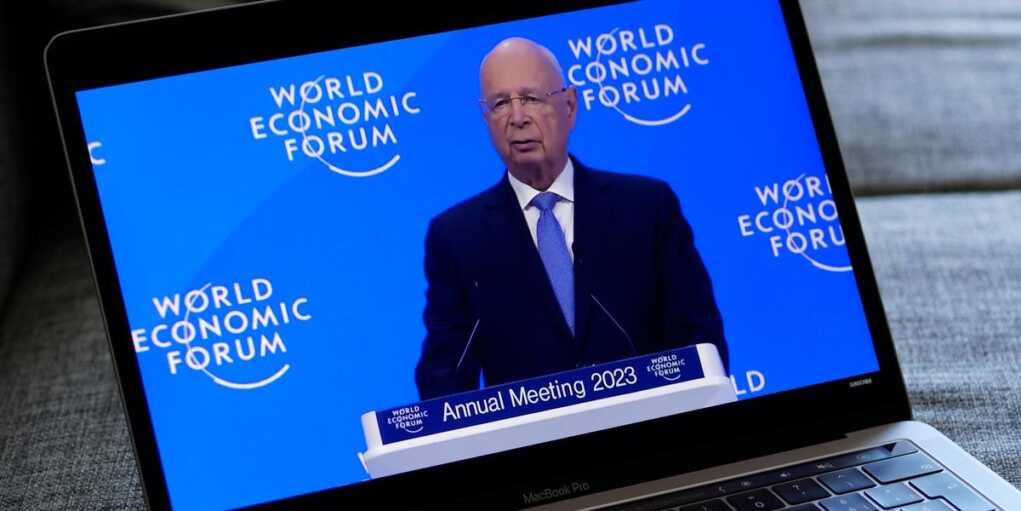WEF Founder Klaus Schwab Caught in Creepy Email Scandal

World Economic Forum founder Klaus Schwab is under fire after an internal investigation revealed he spent over $1 million in WEF funds on lavish perks, luxury travel, and questionable personal indulgences—while allegedly harassing female colleagues with late-night messages.
According to a Wall Street Journal report, the 87-year-old architect of Davos elitism turned the WEF into a personal “fiefdom,” expensing things like first-class flights for his wife—who had no role in the organization—trips to Venice, and even hotel massages. The probe flagged 14 massages as suspicious, with the WEF claiming he only reimbursed half. Schwab’s spokesman insists he always asked to be billed, but the optics are damning.
Even more troubling is the WEF’s conclusion that Schwab’s leadership was riddled with inappropriate behavior, including a bizarre email sent in June 2020 to a female executive late at night that read, “Do you feel that I am thinking of you.” The WEF found the message alarming, but Schwab’s camp brushed it off as fatherly concern.
Schwab also accepted expensive gifts in violation of WEF policy—like custom Tiffany cufflinks and Russian tea sets—though he claims they were either donated or displayed at headquarters. Still, critics argue the findings confirm what many long suspected: the man behind the push for global “equity” was running an unaccountable, elite-driven playground on the world’s dime.
The accusations arose from a whistleblower complaint filed in April, triggering the WEF’s deep dive into Schwab’s decade of dominance. The timing is no coincidence—he resigned just weeks later, stepping away from his executive role as questions swirled. In response, Schwab has launched a criminal complaint against his accusers in Switzerland, denying the allegations while refusing public comment.
This marks a dramatic fall from grace for the WEF’s founding figure, whose slick conferences and grand climate proclamations once drew fawning media attention. With the organization now engulfed in controversy and internal division, Schwab’s departure seems less like a retirement and more like a retreat.
“We hope the Forum remains a trusted bridge-builder,” Schwab said in his exit statement. But for many, the real bridge was between taxpayer dollars and globalist hypocrisy.
With Schwab out, the WEF’s next challenge will be salvaging its credibility. But as details continue to leak—from luxury travel abuse to disturbing workplace dynamics—the organization may find itself less concerned with shaping global policy and more preoccupied with cleaning up its own mess.

